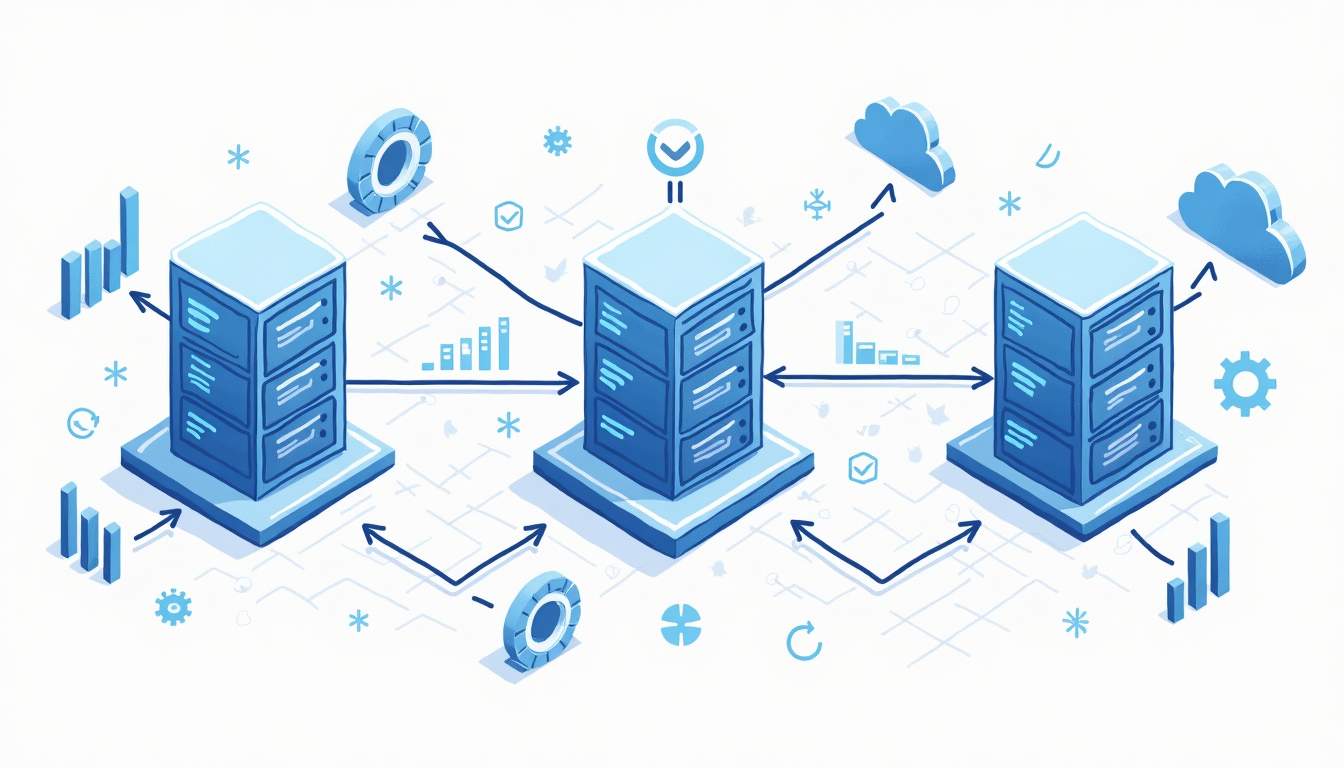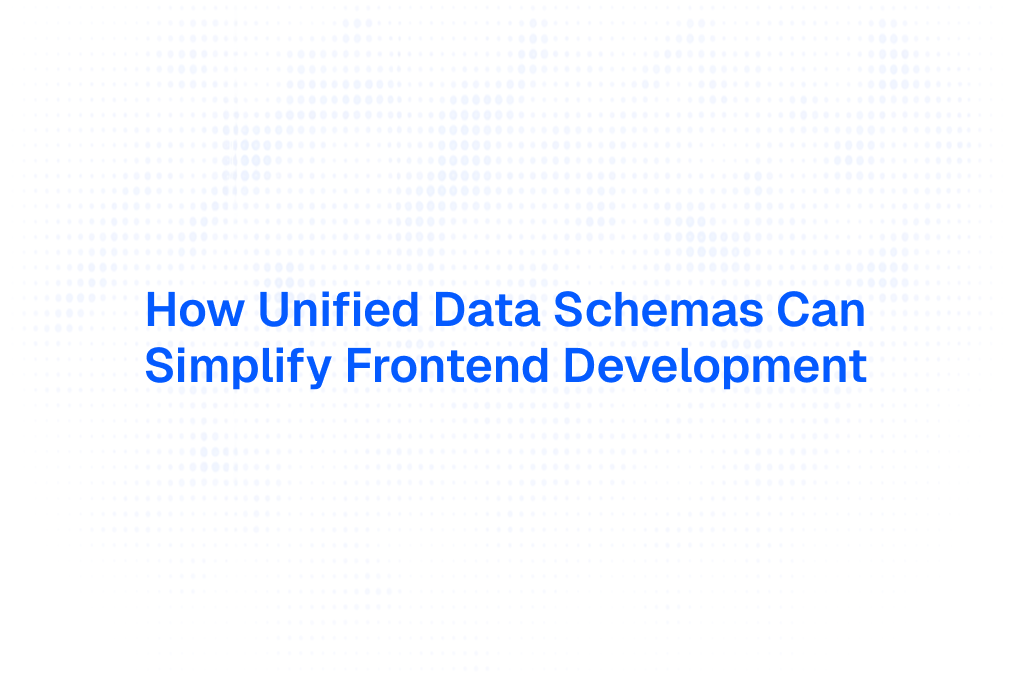Latency Benchmarks: QuickNode vs Uniblock vs Alchemy
In the rapidly evolving Web3 ecosystem, the performance of blockchain infrastructure providers can make or break user experience. Among the critical metrics for decentralized applications (dApps) and blockchain services, latency stands out as a decisive factor. Low latency ensures faster transaction confirmations, real-time data retrieval, and seamless interaction with blockchain networks.
This article dives deep into latency benchmarks comparing three leading RPC (Remote Procedure Call) providers: QuickNode, Uniblock, and Alchemy. By analyzing their performance, reliability, and routing technologies, developers and project teams can make informed decisions about which RPC solution best fits their needs.
Understanding RPC Latency and Its Importance
RPC providers serve as the gateway between blockchain nodes and applications, allowing developers to query blockchain data, submit transactions, and listen for events. The speed at which these requests are processed — the RPC latency — directly impacts the responsiveness of dApps.
High latency can lead to delays in transaction processing, stale data, and a poor user experience. For blockchain projects handling millions of API calls daily, even a few milliseconds of delay can accumulate into significant inefficiencies and increased operational costs.
Moreover, latency is intertwined with reliability. A provider with low latency but frequent outages can be more detrimental than a slightly slower but stable service. Hence, latency benchmarks must be considered alongside failover mechanisms and routing strategies.
In addition to the immediate effects on user experience, high RPC latency can also hinder the overall adoption of decentralized applications. Developers may be discouraged from building on a platform that exhibits inconsistent performance, leading to a stagnation in innovation and a lack of competitive edge in the rapidly evolving blockchain landscape. As users increasingly expect seamless interactions akin to those found in traditional applications, the pressure on developers to optimize their dApps grows, making the choice of an RPC provider a critical decision.
Furthermore, understanding the nuances of RPC latency can also aid in troubleshooting and performance tuning. Developers can implement monitoring tools to track latency metrics and identify bottlenecks in their applications. By analyzing these metrics, they can make informed decisions about optimizing their code, choosing the right infrastructure, or even switching to a more efficient RPC provider. This proactive approach not only enhances the performance of individual dApps but also contributes to a more robust and responsive blockchain ecosystem overall.
Overview of QuickNode, Uniblock, and Alchemy RPC Services
QuickNode
QuickNode has established itself as a popular RPC provider known for its broad network coverage and developer-friendly tools. It offers multi-chain support and focuses on scalability to accommodate high-volume API calls. QuickNode emphasizes simplicity and speed, with infrastructure optimized for low-latency responses.
Uniblock
Uniblock differentiates itself through advanced RPC auto-routing and multi-provider aggregation. By intelligently routing requests across multiple RPC providers, Uniblock aims to minimize downtime and reduce latency spikes. This multi-provider approach is designed to enhance redundancy and improve overall reliability for Web3 applications.
Alchemy
Alchemy is a veteran in the blockchain infrastructure space, widely recognized for its robust platform and comprehensive developer tools. It offers high-availability RPC endpoints with features such as enhanced analytics and debugging. Alchemy’s infrastructure focuses on ensuring consistent performance with a strong emphasis on reliability.
Latency Benchmark Methodology
To compare latency effectively, a standardized benchmarking approach was employed. The tests involved sending a series of identical RPC requests to each provider across multiple blockchain networks, including Ethereum, Polygon, and Solana, during peak and off-peak hours.
Key metrics recorded included:
- Average Latency: The mean response time for RPC calls.
- 95th Percentile Latency: The latency below which 95% of requests fall, highlighting worst-case scenarios.
- Latency Variance: The consistency of response times over multiple requests.
- Failover and Recovery Time: How quickly the provider recovers from outages or latency spikes.
Tests were conducted from geographically diverse locations to assess multi-region performance and the impact of network proximity on latency.
Latency Performance Comparison
Average Latency
Uniblock’s multi-provider RPC routing demonstrated the lowest average latency across all tested networks, typically ranging between 20-35 milliseconds. This advantage stems from its ability to dynamically route requests to the fastest available provider, effectively reducing bottlenecks.
QuickNode followed closely, with average latencies between 25-40 milliseconds. Its extensive infrastructure and optimized endpoints contribute to competitive response times, though it lacks the dynamic routing flexibility of Uniblock.
Alchemy’s average latency was slightly higher, generally in the 30-50 milliseconds range. However, Alchemy’s consistent performance and robust failover mechanisms ensure minimal disruptions even during network congestion.
95th Percentile Latency and Variance
When examining the 95th percentile latency, Uniblock again outperformed competitors by maintaining lower latency spikes. Its multi-provider redundancy helped prevent latency outliers caused by individual provider slowdowns or outages.
QuickNode showed moderate latency variance, with occasional spikes during peak usage times. Alchemy exhibited the highest latency variance among the three but compensated with rapid failover and recovery features.
Failover and Recovery
Uniblock’s architecture is designed to minimize RPC downtime through automatic failover across multiple providers. This multi-provider approach reduces the risk of single points of failure, a common issue with single-provider setups like QuickNode and Alchemy.
QuickNode offers failover capabilities but primarily relies on its own infrastructure, which can be a limitation during widespread network issues. Alchemy’s infrastructure includes sophisticated monitoring and quick recovery protocols, ensuring high availability despite occasional latency fluctuations.
Why Multi-Provider RPC Routing Matters
The latency benchmarks highlight a significant trend: multi-provider RPC routing, as implemented by Uniblock, offers tangible benefits in both speed and reliability. By distributing requests intelligently across several RPC providers, Uniblock reduces the risk of latency spikes and outages.
This approach aligns with the future of Web3 infrastructure, where multi-cloud and multi-region strategies are becoming standard. Google’s Multi-Cloud Proxy (MCP) technology, for instance, exemplifies how multi-cloud RPC routing can enhance blockchain API scalability and reduce latency by leveraging diverse cloud environments.
For developers and projects, adopting multi-provider RPC solutions means better user experiences, fewer disruptions, and optimized costs. It also mitigates the hidden risks associated with single RPC providers, such as vendor lock-in and service outages.
Cost Considerations and Latency Trade-Offs
While latency is critical, cost optimization remains a top priority for many blockchain projects. Providers like QuickNode and Alchemy offer straightforward pricing models, but may incur higher costs during traffic spikes or when scaling to millions of API calls.
Uniblock’s auto-routing technology not only reduces latency but can also lower RPC costs by dynamically selecting the most cost-effective provider without compromising performance. This balance between latency and cost is essential for startups and enterprises aiming to scale efficiently.
Choosing the Right RPC Provider for Your Project
Latency benchmarks provide valuable insights, but selecting an RPC provider depends on multiple factors:
- Application Requirements: Real-time trading platforms and gaming dApps prioritize ultra-low latency, while others may value reliability more.
- Network Coverage: Multi-chain support and geographic distribution affect latency and availability.
- Failover and Redundancy: Multi-provider routing reduces downtime risks.
- Cost Efficiency: Balancing performance with budget constraints.
- Developer Experience: Tooling, documentation, and support can accelerate development.
For projects seeking best-in-class latency with robust failover, Uniblock’s multi-provider RPC routing stands out as a compelling choice. QuickNode offers a solid balance of speed and simplicity, while Alchemy remains a reliable platform with extensive developer resources.
Conclusion
Latency is a pivotal metric in blockchain infrastructure, directly influencing the performance and user satisfaction of Web3 applications. This benchmark comparison reveals that Uniblock’s multi-provider RPC routing delivers superior latency performance and reliability compared to QuickNode and Alchemy.
As blockchain ecosystems grow more complex and demand higher scalability, multi-provider and multi-cloud RPC solutions will become increasingly vital. Developers and project teams should consider these latency benchmarks alongside cost, reliability, and tooling to select the optimal RPC provider for their unique needs.
Ultimately, investing in a low-latency, resilient RPC infrastructure is essential for building scalable, responsive, and user-friendly blockchain applications in 2025 and beyond.
Ready to elevate your Web3 project with the proven low-latency and reliable infrastructure that Uniblock provides? Join the ranks of over 2,000 developers who are already harnessing the power of our Web3 infrastructure orchestration platform. With Uniblock, you'll enjoy seamless connectivity across 100+ chains, automatic routing for optimal performance, and significant cost savings. Say goodbye to vendor lock-in and manual management of decentralized infrastructure. Start building with Uniblock today and scale your dApps, tooling, or analytics with confidence.
.svg)

.png)




